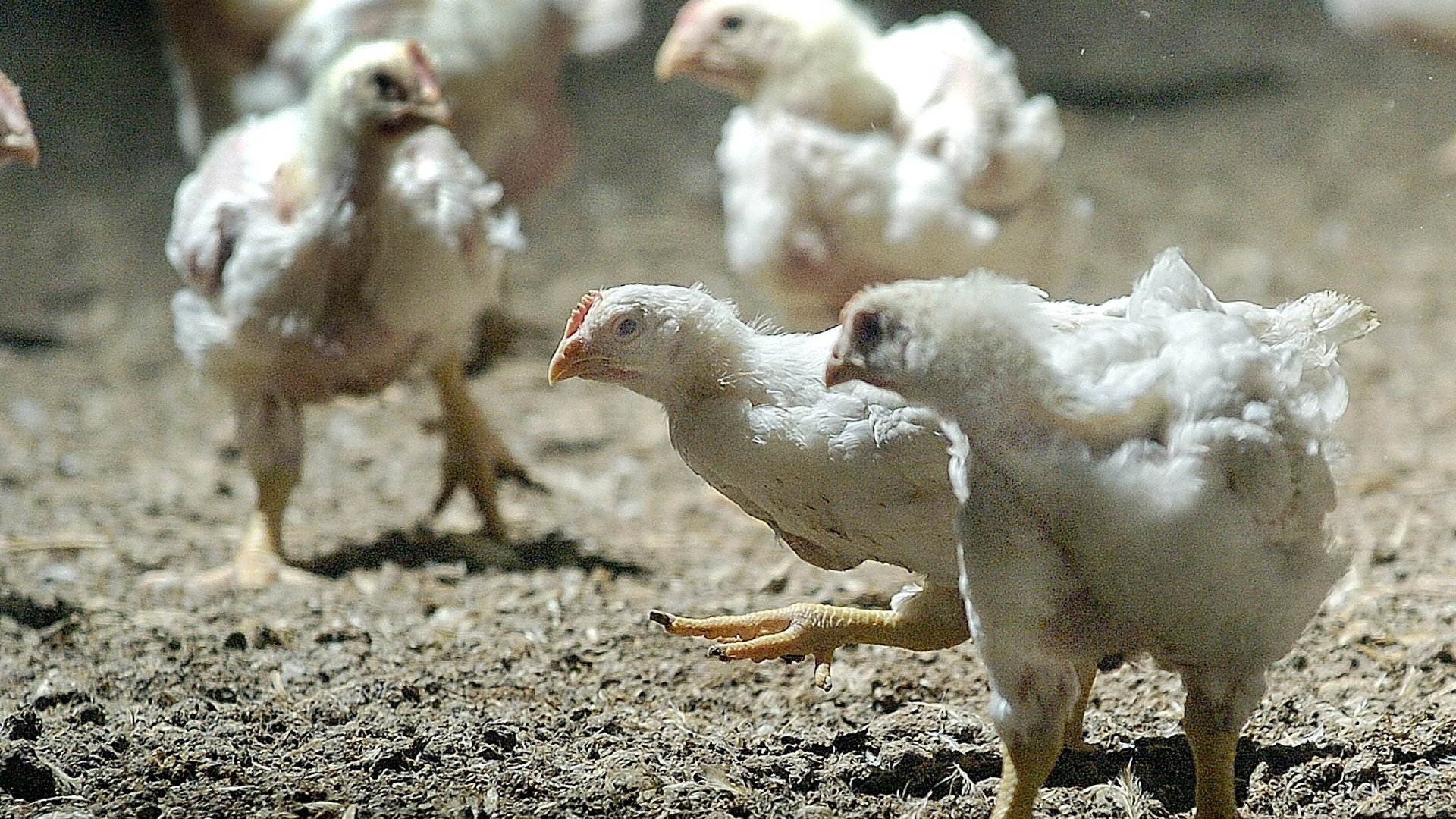The cause of the next pandemic is probably already here
A bird flu is spreading again.


A bird flu is spreading again.
Several cases of very contagious avian influenza have been identified in the states of Washington, Oregon, Maryland, and Delaware, where over 3 million cases in chickens have been identified since February. At least 80 vultures, too, have died of the disease. Last week, the US Centers for Disease Control and Prevention (CDC) also reported a case of human avian influenza A(H5) in Colorado, the second associated with the current outbreak of avian flu among birds, which started in 2021.
Meanwhile, the first human (a Chinese boy in Henan province) tested positive for H3N8, a strand of avian flu so far known to only infect animals and birds.
Risks of bird-to-human transmission and outbreaks are still low, and while monitoring is warranted, there isn’t much reason for alarm at the moment. Panicking at appearance of avian flu isn’t justified, but the lingering concern that another pandemic might come, and before we are ready for it, isn’t misplaced, either. The chances we’ll see another large-scale epidemic or pandemic soon are high—and it’s likely that the threat will come from a pathogen we are already familiar with.
What will cause the next pandemic?
Covid “is unlikely to be the final pathogen that leads to a multi-country epidemic or a global pandemic,” write Nadia Sam-Agudu, a professor of pediatrics in the Institute of Human Virology at the University of Maryland School of Medicine who works in Nigeria, and Chandy John, a professor of Pediatric Infectious Disease at Indiana University’s School of Medicine in a paper published earlier this year in Molecular Therapy.
The possibility that new viruses (including novel coronaviruses) might threaten global health exists, but researchers have identified a number of existing pathogens that could well lead to widespread outbreaks.
The vast majority of these are viruses, in particular belonging to the hemorrhagic fever group (including Ebola, hantavirus, Lassa fever), flaviviruses (dengue, zika, yellow fever), and coronaviruses (MERS, and new strands of covid).
But potentially even more concerning are the pathogens that might cause pandemics because of their drug-resistant status, such as tuberculosis and staphylococcus, which are already widespread in many parts of the world.
Finally, future pandemics might be caused by bioterrorism by using agents such as anthrax, or smallpox.